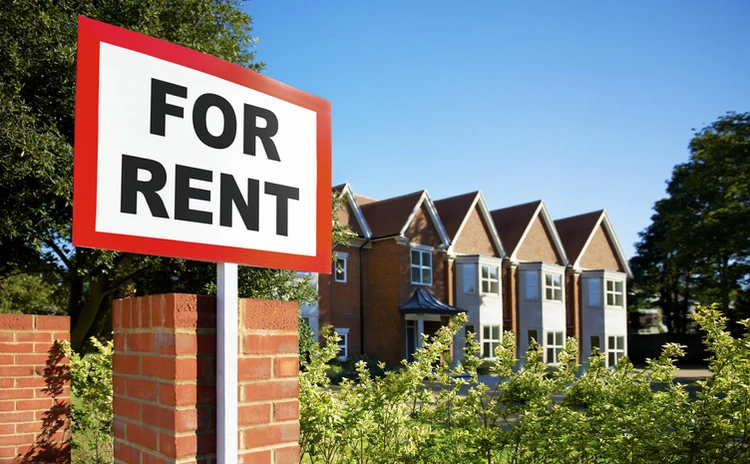With home sales declining sharply over the summer, more people are renting apartments and are paying more when they find one.
So imagine finding a great two-bedroom apartment in a convenient location at a bargain price. You’d jump on it, right? That’s what scammers are counting on.
Earlier this year the FBI’s Boston Division reported a spike in apartment rental scams. Victims would find listings on social media and Craigslist with pictures showing a roomy, well-kept unit. The rent was always less than the market rate.
“We have seen a significant increase in the amount of money being lost by people who are desperate for a good deal,” Joseph Bonavolonta, special agent in charge of the FBI Boston Division, said in July. “Scammers are cashing in on renters who need to act quickly for fear of missing out, and it’s costing consumers thousands of dollars, and in some cases, leaving them stranded.”
With competition rising for the best apartments, some people are taking them sight unseen. Scammers collect photographs from legitimate listing sites and create a phony listing, using a real address that isn’t even a rental.
The “landlord” sends the victim a lease and requires an upfront deposit, along with the first month’s rent and an application fee. Once the victim pays, the “landlord” and the apartment disappear.
In 2021, the FBI says 11,578 people reported losing $350,328,166 due to these types of scams, a 64% increase from the previous year. The bureau says the actual number is probably higher since many people are hesitant about admitting they were victimized.
Red flags
There are a number of red flags that renters should be aware of. For starters, if the “landlord” refuses to meet in person or talk on the phone, that’s a bad sign.
If you are asked to rent an apartment or home without inspecting it, that’s another sign that the person you are dealing with probably does not have access and that it’s not a real listing.
Also, you should be suspicious that the property or transaction could be a scam if:
The advertised price is much lower than that of similar properties.
Ads for the property have grammatical and spelling errors or overuse capital letters.
The ad uses uncommon spellings of words, like "favour" instead of "favor."
You can only work with an agent. The agent says that the owner is too busy, out of the country, or otherwise unavailable to handle the rental.
The owner or agent isn't able to let you enter the home or apartment or charges you a fee to view it.
The owner or agent uses high-pressure sales tactics. They may urge you to rent quickly before someone else gets the property.
